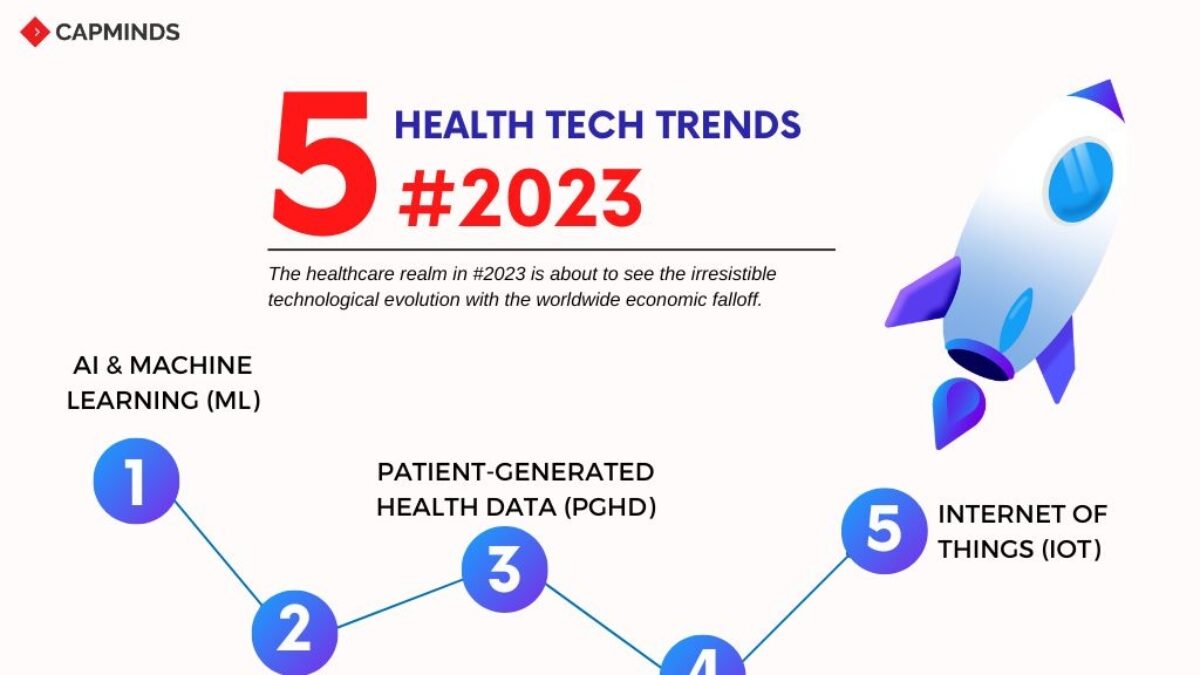The healthcare sector, a critical component of the global economy, faced its share of setbacks in 2023. Negative earnings-per-share (EPS) guidance for the fourth quarter and year-over-year earnings drops in several S&P 500 sectors, including health care, left many investors cautious. Notable disappointments included Agilent Technologies Inc., a leader in life sciences, diagnostics, and applied chemical markets, which reported below-estimate revenues, as well as subdued expectations for chipmaker ON Semiconductor Corp.
Hope on the horizon
Despite the challenges encountered in 2023, analysts are expressing optimism about the health-care sector’s prospects in 2024. They project a robust rebound, with a significant gain of 12.8% for the calendar year, marking a substantial upturn from the previous year’s performance.
AI and demographic shifts to drive recovery
Two key factors are expected to play pivotal roles in the health-care sector’s resurgence: the integration of artificial intelligence (AI) and demographic changes. AI is increasingly making its presence felt in health care, enhancing patient care, streamlining administrative tasks, and driving research and development efforts. Meanwhile, demographic shifts, such as an aging population and the rise of chronic diseases, are anticipated to fuel the demand for health-care services in the coming years.
Optimism amid challenges
The health-care sector’s journey through 2023 was not without hurdles. FactSet’s negative EPS guidance for Q4 painted a cautious outlook, projecting earnings drops in multiple S&P 500 sectors, including health care. This trend was exemplified by Agilent Technologies Inc., a global leader in life sciences, diagnostics, and applied chemical markets, which reported revenues below estimates. The chipmaker ON Semiconductor Corp. also faced subdued expectations. However, despite these challenges, the sector is poised for a strong rebound in 2024.
Positive projections for 2024
Analysts, in collaboration with their counterparts in the investment community, are anticipating a significant recovery in health-care earnings for the year 2024. This optimism stems from several factors, including demographic shifts and the increasing influence of artificial intelligence in the sector. The health-care industry, a cornerstone of the global economy, is poised for potential outperformance in the upcoming year.
AI integration and demographic changes
The integration of artificial intelligence (AI) into the health-care sector is expected to be a game-changer. AI technologies are being harnessed to improve patient care, streamline administrative processes, and drive innovation in research and development. The ability of AI to analyze vast amounts of medical data and assist in diagnostics is revolutionizing the way health care is delivered, making it more efficient and precise.
Demographic shifts are another significant catalyst for the sector’s resurgence. The world’s population is aging, leading to an increased demand for health-care services. As individuals grow older, the prevalence of chronic diseases also rises, further amplifying the need for medical attention and treatments. This demographic trend is expected to drive sustained growth in the health-care sector.
Renewed focus on women’s health
The health-care sector is set to benefit from a renewed interest in women’s health, historically an underinvested field. Recent challenges, such as the reversal of Roe v. Wade and litigation surrounding the FDA’s approval of the abortion pill mifepristone, have brought women’s health into the spotlight. The renewed attention on these issues is expected to lead to increased investment and innovation in women’s health care, creating new opportunities for the sector.
While the health-care sector faced challenges in 2023, it is poised for a strong resurgence in 2024. Analysts, including those from Citi, project a significant recovery in earnings, making the sector a potential outperformer. The integration of artificial intelligence, along with demographic shifts and a renewed focus on women’s health, are expected to drive this recovery. As the world continues to grapple with health challenges, the health-care sector remains a crucial pillar of the global economy, and its resurgence in 2024 is a promising sign of better days ahead.





